Key Takeaways
- Anime tackles philosophical themes like existentialism and identity, providing thought-provoking content.
- Works like Neon Genesis Evangelion and Perfect Blue explore complex ideas through storytelling.
- Anime such as Cowboy Bebop and Mob Psycho 100 emphasize themes of acceptance, self-realization, and optimism.
Anime is — like any other media — a spectrum. Some anime is mindless entertainment, while other examples highlight philosophical issues. This polarization is nothing new; you wouldn’t expect to see any deep sociopolitical messaging in something like Chargeman Ken. However, works for older audiences often tackle larger themes.
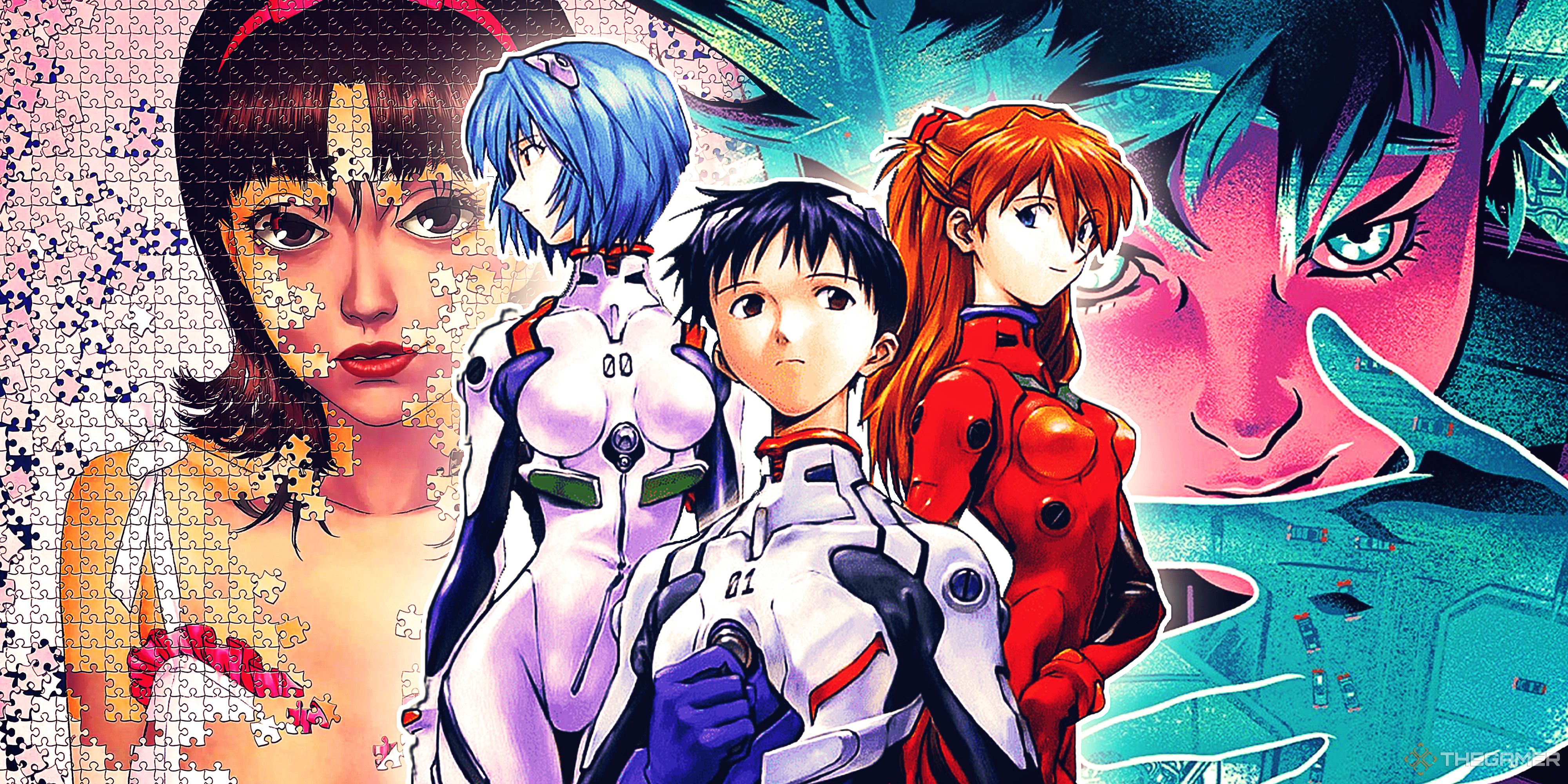
Related
8 Most Thought-Provoking Anime
These anime series will leave you with lots to think about once you finish watching.
One of the most common thematic cruxes of anime is the human condition. People have always expressed their philosophical beliefs through art; anime is no different.The medium’s inherent freedom makes it one of the most effective ways to tell larger-than-life stories. These animated masterpieces are remarkable reflections of the creators’ beliefs and ideals.
11
Neon Genesis Evangelion
Hideki Anno’s mecha masterpiece remains a timeless classic, and plenty will argue with its placement. However, Neon Genesis Evangelion is just one of many shining examples of philosophical anime.
Notoriously bad father Gendo Ikari is one of the most recognizable villains of modern Japanese media, and his understandably concerning motives ultimately place existentialism at the center of this otherwise straightforward robot romp.
In many ways, Evangelion can be considered a “primer” for Japanese philosophical principles. The wildly misguided Human Instrumentality Project is neither a condemnation nor acceptance of the nation’s structurally collectivist attitudes.
Nonetheless, it ultimately forms the central argument of Evangelion. The show’s philosophy contrasts individual values against collectivist ideals, asking if one life is worth more than any other.
10
Whisper Of The Heart
Not all existential anime tread dark paths. Studio Ghibli’s Whisper of the Heart is a light-hearted slice-of-life romp through 1990s urban Japan. Its bright colors and cheerful depictions of mundane life perfectly align with the studio’s ‘go-getter’ philosophy, as does its central message.
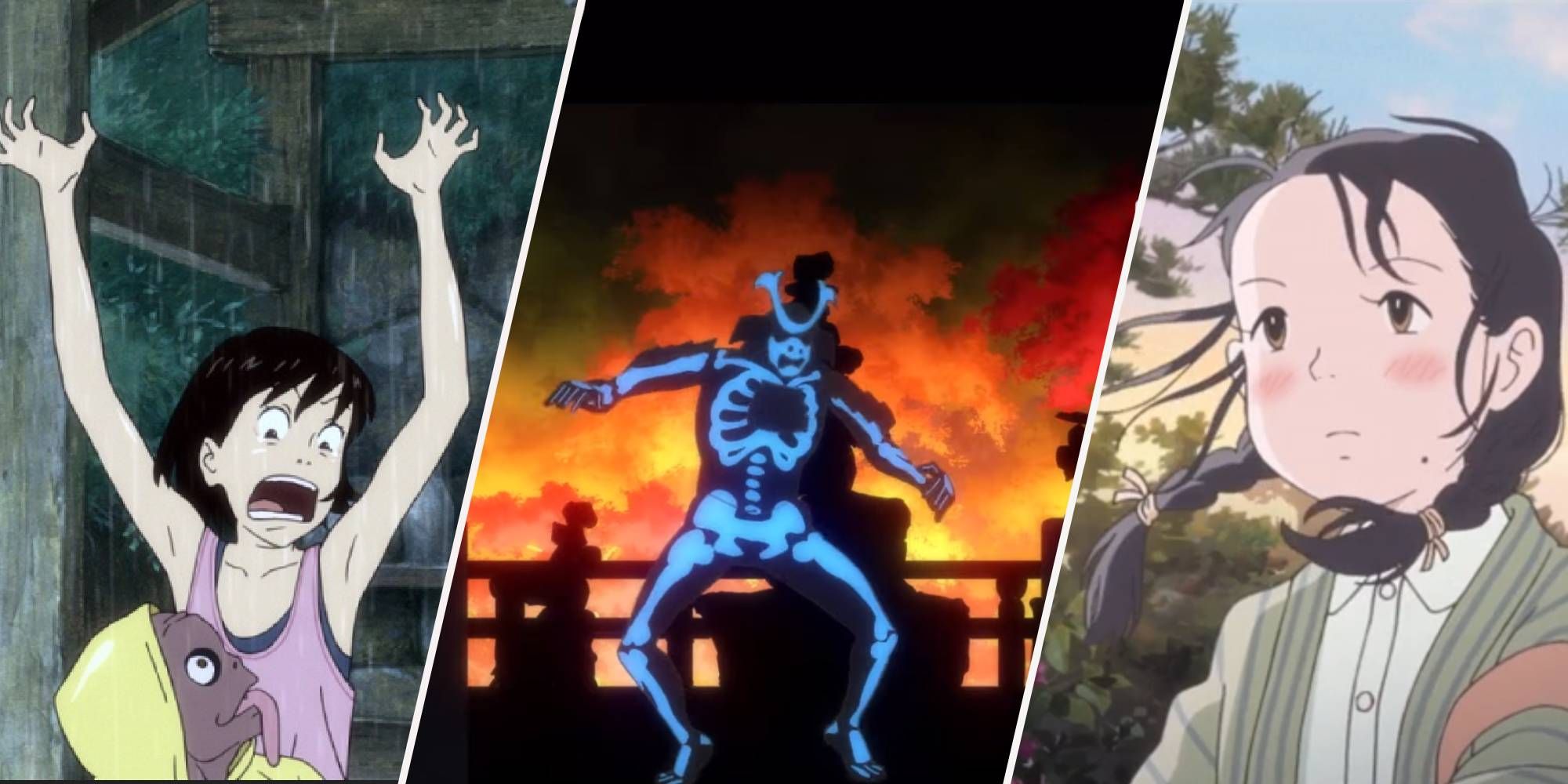
Related
10 Movies To Watch If You Liked The Boy And The Heron
The last? movie from director Hayao Mizayaki will probably leave you wanting more good animated films like it. And we have listed them here!
As a coming-of-age film, Whisper of the Heart is as much about finding purpose as learning to live. Under Yoshifumi Kondo’s direction, the film balances youthful playfulness with romance and budding maturity. Its simple narrative complements the film’s equally straightforward message that encourages the pursuit of dreams and happiness above austerity and tradition.
9
Perfect Blue
Satoshi Kon’s Perfect Blue is a multifaceted examination of life. Its most obvious theme is identity, an idea that ultimately encompasses every part of the film. Kon’s increasingly surrealist work centers on Mima, a naïve aspiring actress and former J-Pop singer. Her journey to stardom leads her down increasingly dark paths, where she encounters plenty of unscrupulous producers willing to extort her fame.
Perfect Blue is an adult anime drenched in mature themes. Viewer discretion is advised, as the film tackles many uncomfortable topics. Beyond its sexual content, Perfect Blue also includes body horror and moments of intense violence.
As Mima’s sanity unravels, she becomes increasingly convinced that she has become her public persona. Her former innocence struggles against an increasingly hypersexualized personality, hastening her emotional decline.
While Perfect Blue’s final message is debatable, its central argument remains the same. Kon’s thriller is a psychologically gripping condemnation of the relentless pursuit of success, particularly when it conflicts with personal morals and desires.
8
5 Centimeters Per Second
Makoto Shinkai’s films are known for their deeper meanings, and 5 Centimeters Per Second is no exception. The episodic slice-of-life drama centers around Takaki Tono and his romantic endeavors. It’s a tale of romance and a coming-of-age classic, and the message is clear: the journey is the destination.
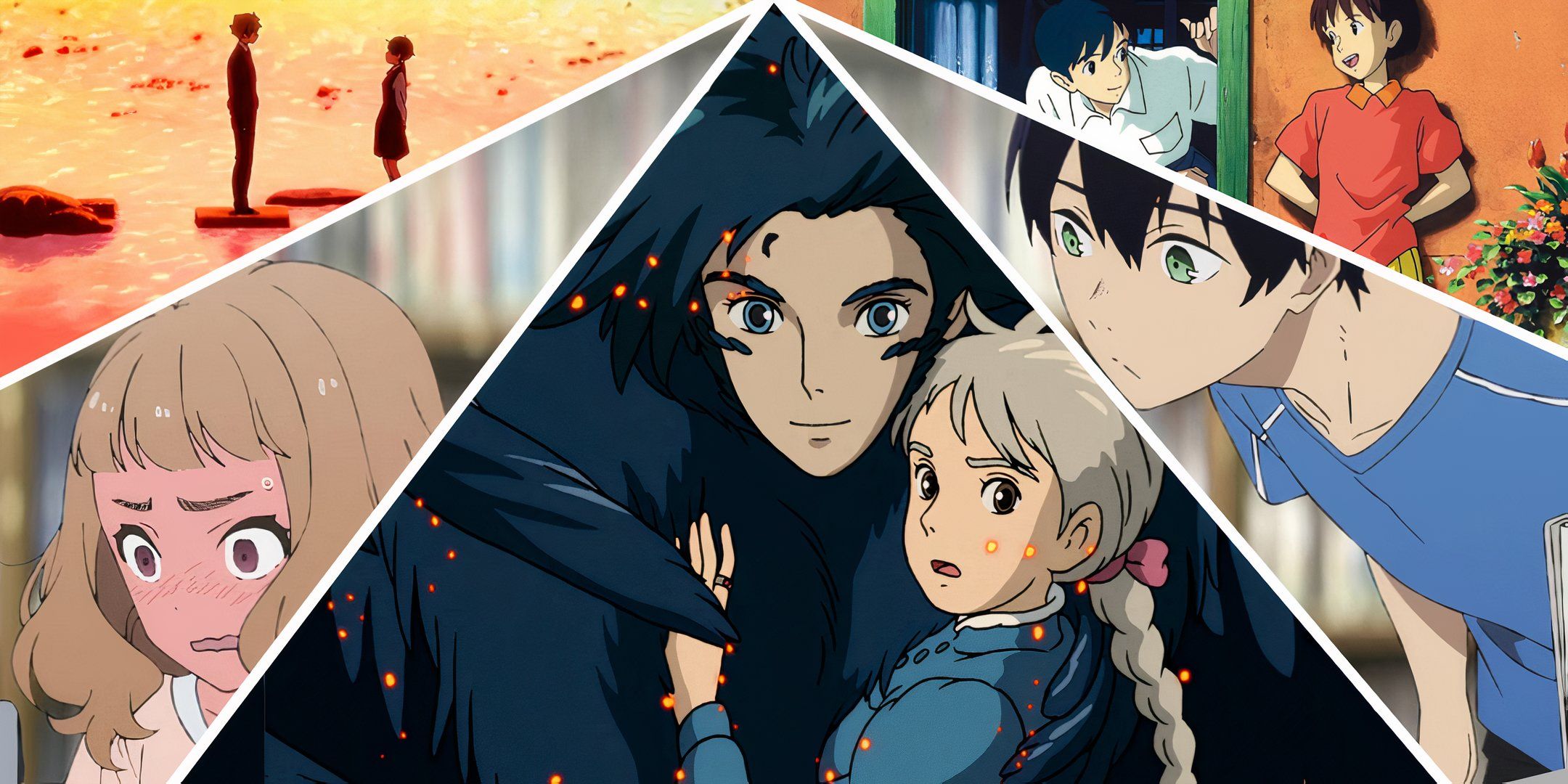
Related
10 Best Romance Anime Movies
You’ll get teary-eyed just reading these descriptions.
Of course, as with any Shinkai film, the twists and turns are part of the fun. 5 Centimeters Per Second constantly runs to the edge of every cliché before taking abrupt right turns, mirroring Shinkai’s later works. Still, for all the obstacles Tono faces, his dogged pursuit of naïve love propels him through life and leads him to some of his richest experiences.
7
Cowboy Bebop
Cowboy Bebop is one of the most iconic sci-fi anime of all time. Its influence has stretched worldwide, and its luscious visuals have inspired generations of creators. However, there’s more to the series than space-faring gunslingers and bounty hunting. Shinichiro Watanabe’s 90s classic has plenty of deeper meanings, many of which revolve around identity and life.
Despite its many thematic elements, Cowboy Bebop makes one thing clear: You can’t run from your past. While most of the show follows the “monster of the day” format, its overarching story hammers home the importance of acceptance. Ultimately, beneath the space Western paint, Watanabe’s masterpiece is about forgiveness and self-reflection.
6
Welcome To The N.H.K.
Emotional drama and interpersonal conflicts are a universal driving factor in all fiction, including anime. Personal anxieties and fears are similarly dominant narrative foci. Welcome to the N.H.K. combines all of these elements into a single, often-scathing look at modern Japanese society. Its main protagonist, Tatsuhiro Sato, is a dropout and loner — part of the nation’s increasingly common hikikomori isolationists.
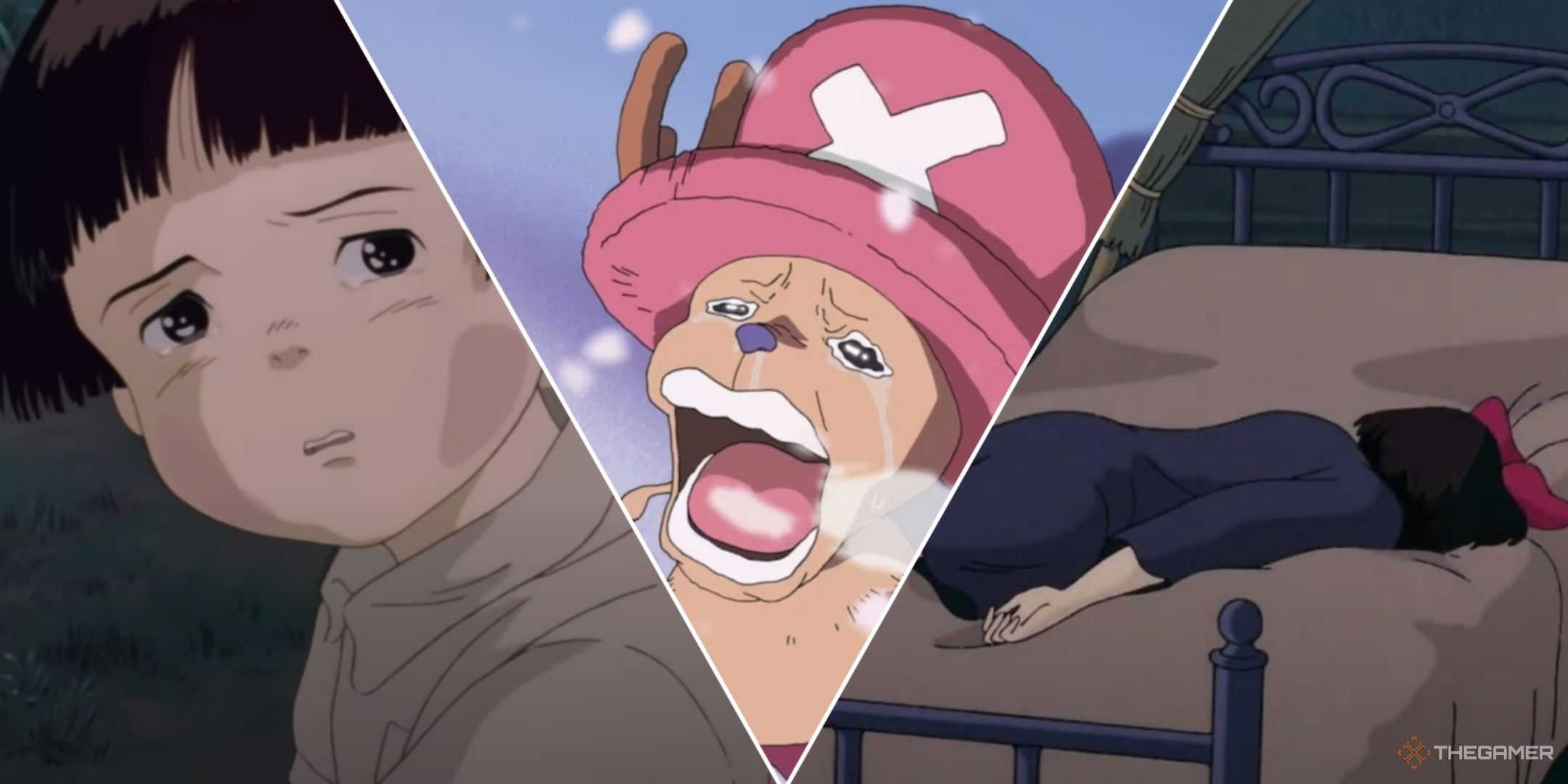
Related
8 Best Anime That Will Make You Cry
If these anime don’t make you shed a tear, nothing will.
Predictably, this pick isn’t a sunshine and rainbows anime. It tackles hard-hitting topics like abuse, anxiety, and depression. It never coddles its protagonists, regardless of their conspiratorial reasons for being loners. Nonetheless, beneath the sharply critical view of society, Welcome to the N.H.K. professes a message of resilient survival.
5
Only Yesterday
Though Studio Ghibli is best known for its fantastical settings, the famed animation studio has also produced many films centered around agrarian simplicity, including Only Yesterday. The non-linear narrative follows Taeko Okajima’s return to the rural town of Yamagata. Taeko begins her journey as a stereotypical workaholic and modernist, but her time at her sister-in-law’s sunflower farm quickly changes her outlook.
At almost two hours long, Only Yesterday is an investment in storytelling. It drags audiences into the pastoral bliss of rural simplicity. Likewise, its meandering narrative gives the film plenty of time to explore Taeko’s childhood. Multiple overlapping philosophies drive Isao Takahata’s 1991 slice-of-life epic, but the most prevalent applies to everyone’s life: Success is fleeting, but happiness is forever.
4
Mob Psycho 100
Mob Psycho 100 may seem like little more than a head-scratching comedy. Its wildly catchy and psychedelic opening sequences and unassuming style give it an zany quality. Don’t be fooled; there’s plenty to learn beneath the surface. More importantly, the show isn’t afraid to put its message upfront.
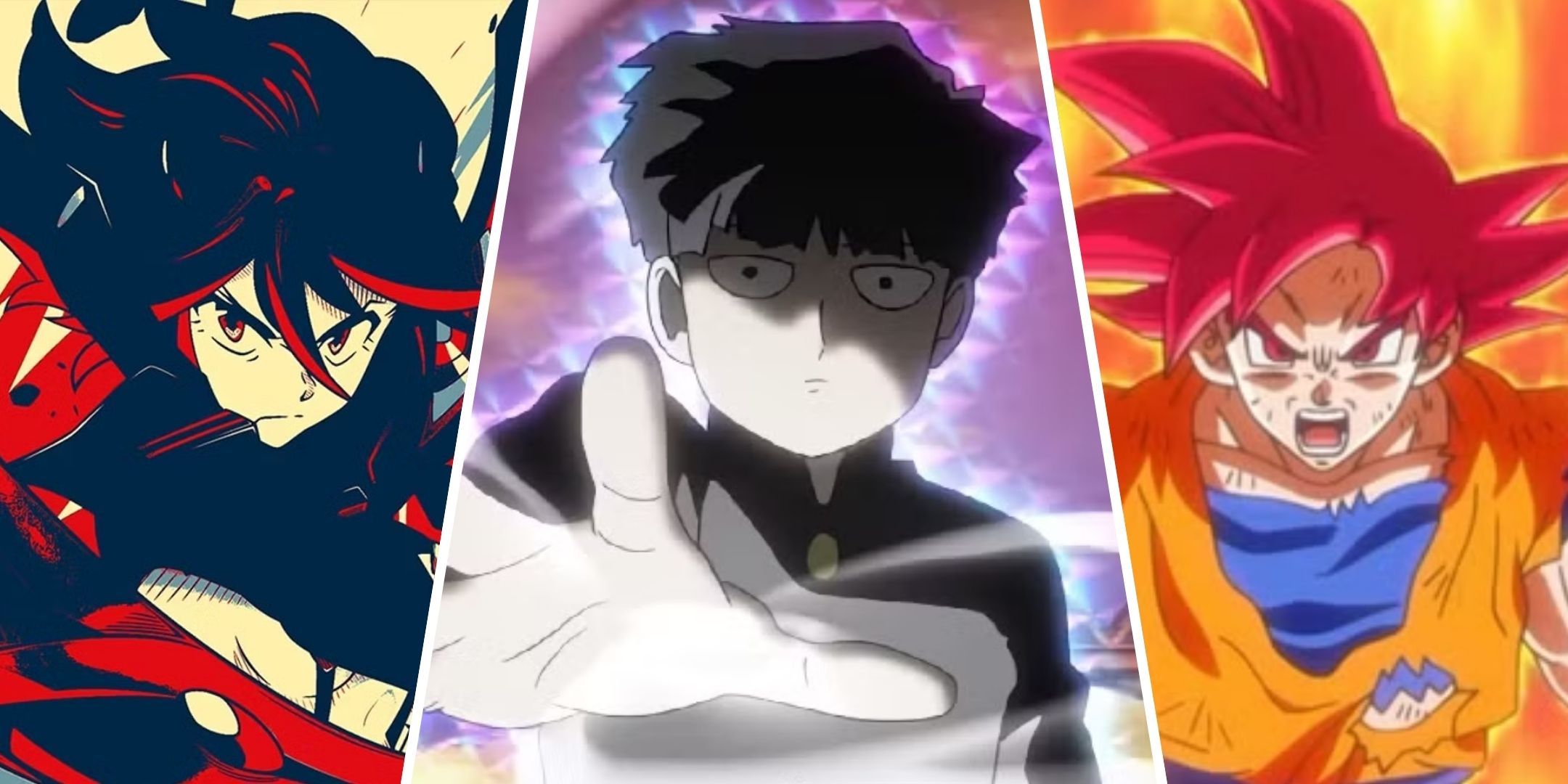
Related
8 Best Shounen Anime Protagonists
From Ryuko to Goku, here are the best protagonists in shounen anime!
You are the protagonist of your own story. That simple sentence is the central axis of Mob Psycho 100. Self-realization drives every choice and permeates every corner of this colorful world. In some ways, the show is a mirror of its protagonist, Shigeo Kageyama; its innocuous outer layer hides a deeply rooted sense of optimism and self-determination.
3
Kino’s Journey
At first glance, Kino’s Journey is a pastel exercise in surrealism. Its central figure, Kino, rides a talking motorcycle through various towns and encounters many bizarre locals. It’s a fairly standard “one-plot-a-day” episodic romp with little character development. Nonetheless, this unique anime offers plenty of existential commentary.
While each episode tackles a different theme, humanity is the central focus of Kino’s Journey. Even the strangest and most illogical locales are treated with utmost respect. More importantly, their individual beliefs create bizarrely thought-provoking philosophical conundrums. Ultimately, Kino’s Journey offers various ways to interpret “life,” and each is presented as valid as the last.
Few anime live up to the iconic legacy of Hiromu Arakawa’s Fullmetal Alchemist. The twenty-seven-volume fantasy manga spawned two anime adaptations, two films, and a live-action film. Throughout its pages run undercurrents of many timeless themes, many of them directly tied to Arakawa’s personal experiences.
The two anime adaptions of Fullmetal Alchemist have distinct stories and themes. The original version, released in 2003, came before the manga’s conclusion. Thus, its end differs from Arakawa’s canonical vision, but it received her approval. Nonetheless, Fullmetal Alchemist: Brotherhood is considered the most accurate adaptation. Note, too, that each version has its own companion film. Conqueror of Shamballa pairs with the 2003 anime, and Sacred Star of Milos marks the midpoint of Brotherhood.
While many existential anime dwell on the negatives in life, Arakawa’s view is markedly optimistic and reiterated constantly by protagonist Edward Elric. Life is worth living, and — perhaps more importantly — compassion and love are part of that inherent value. Despite the series’ blood and violence, its optimism is its ultimate driving force.

Next
8 Most Thought-Provoking Anime
These anime series will leave you with lots to think about once you finish watching.
1
Source link
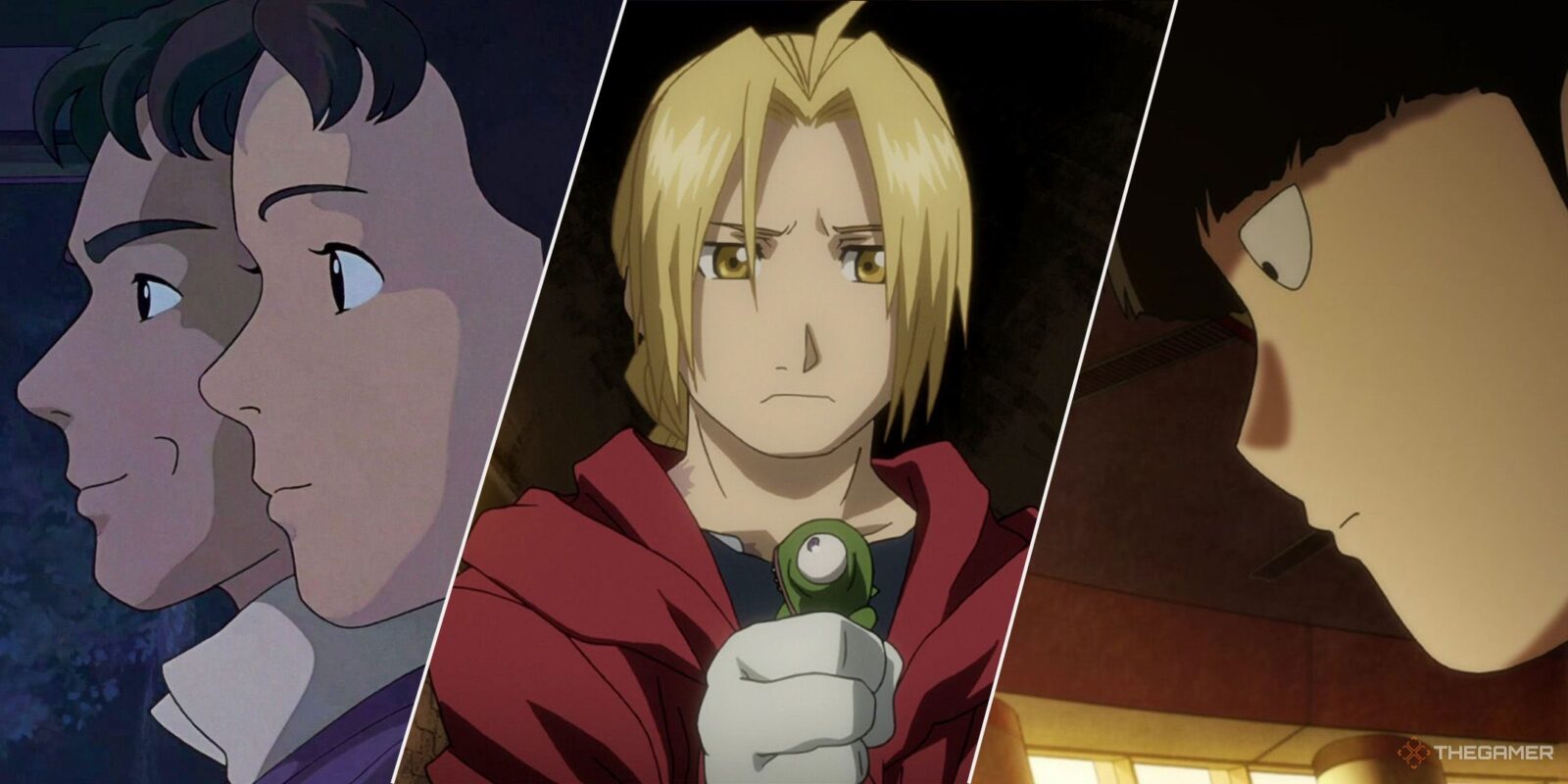
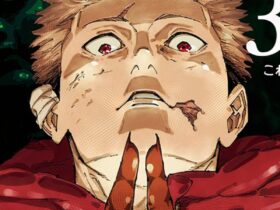
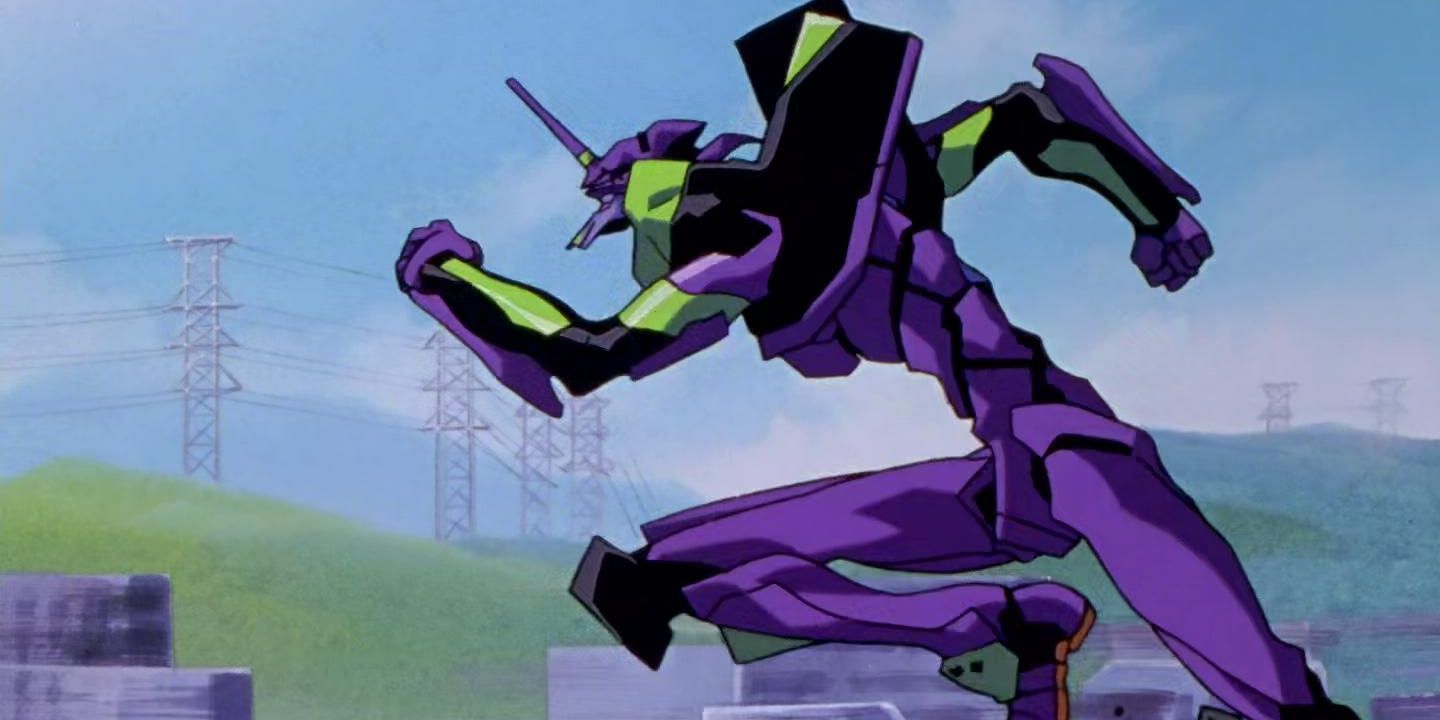
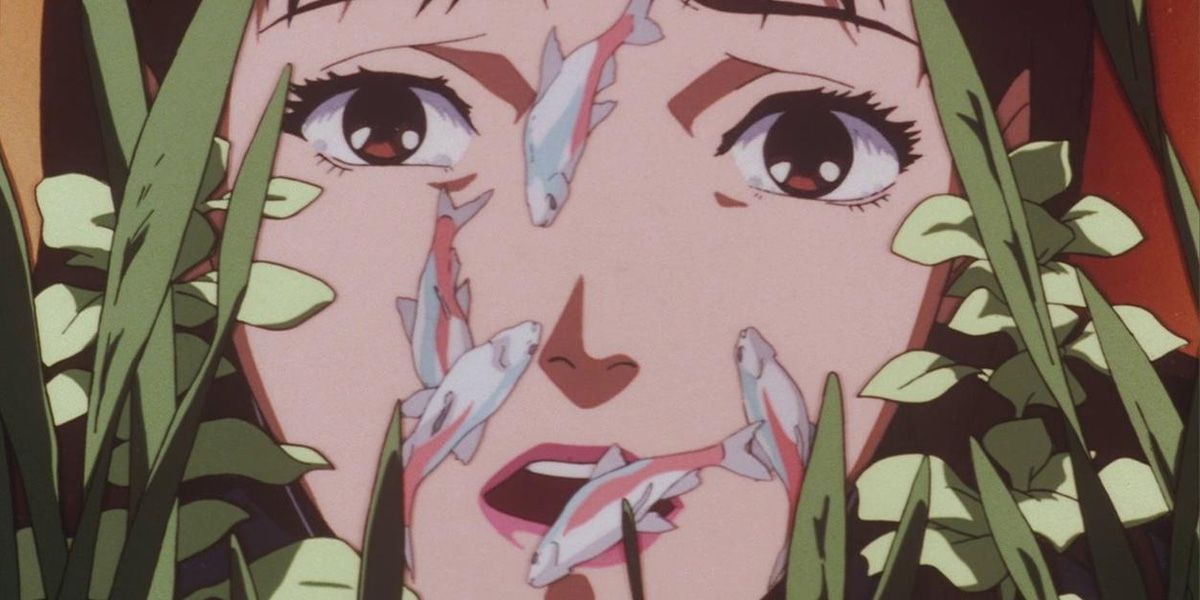
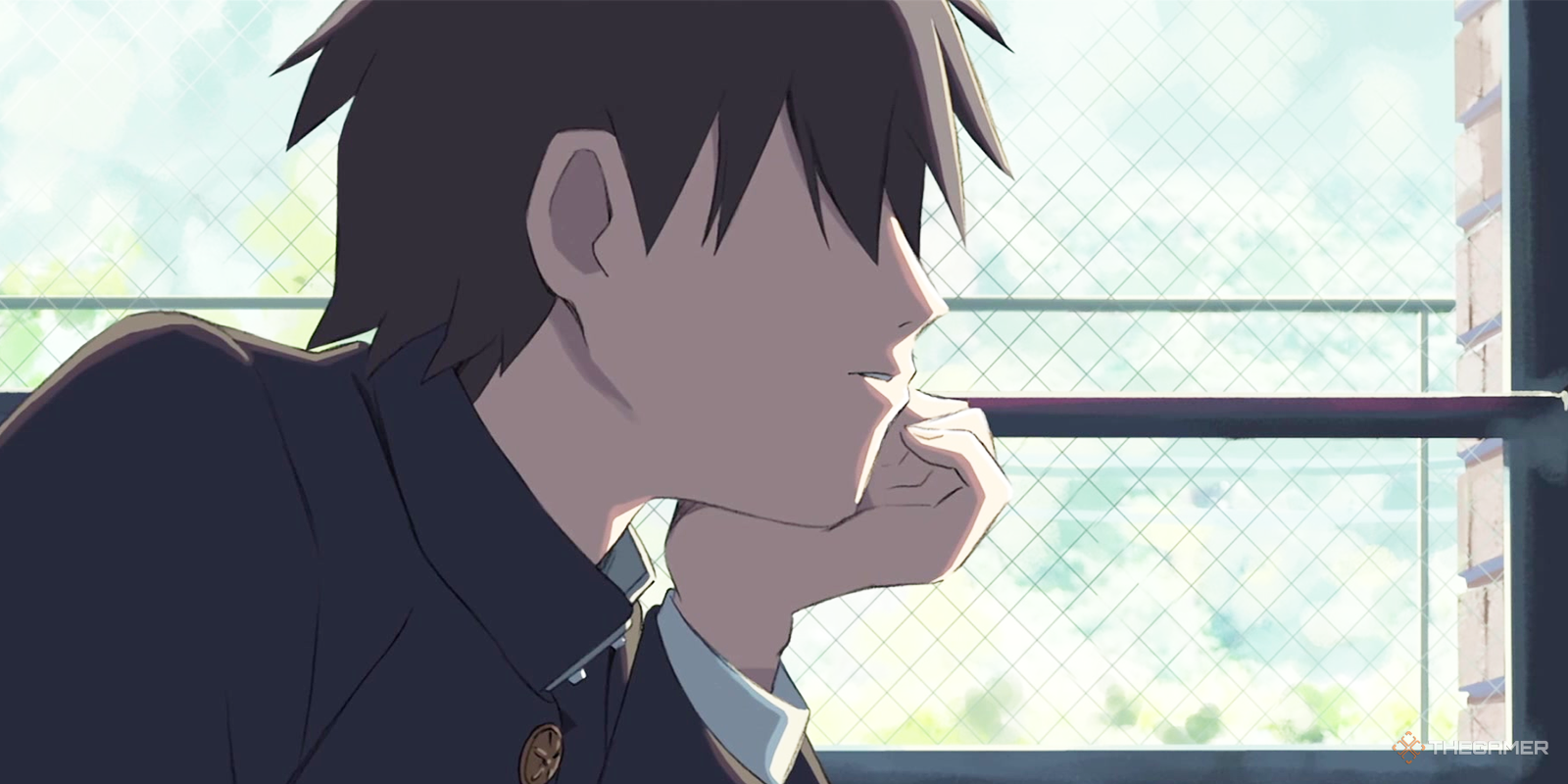
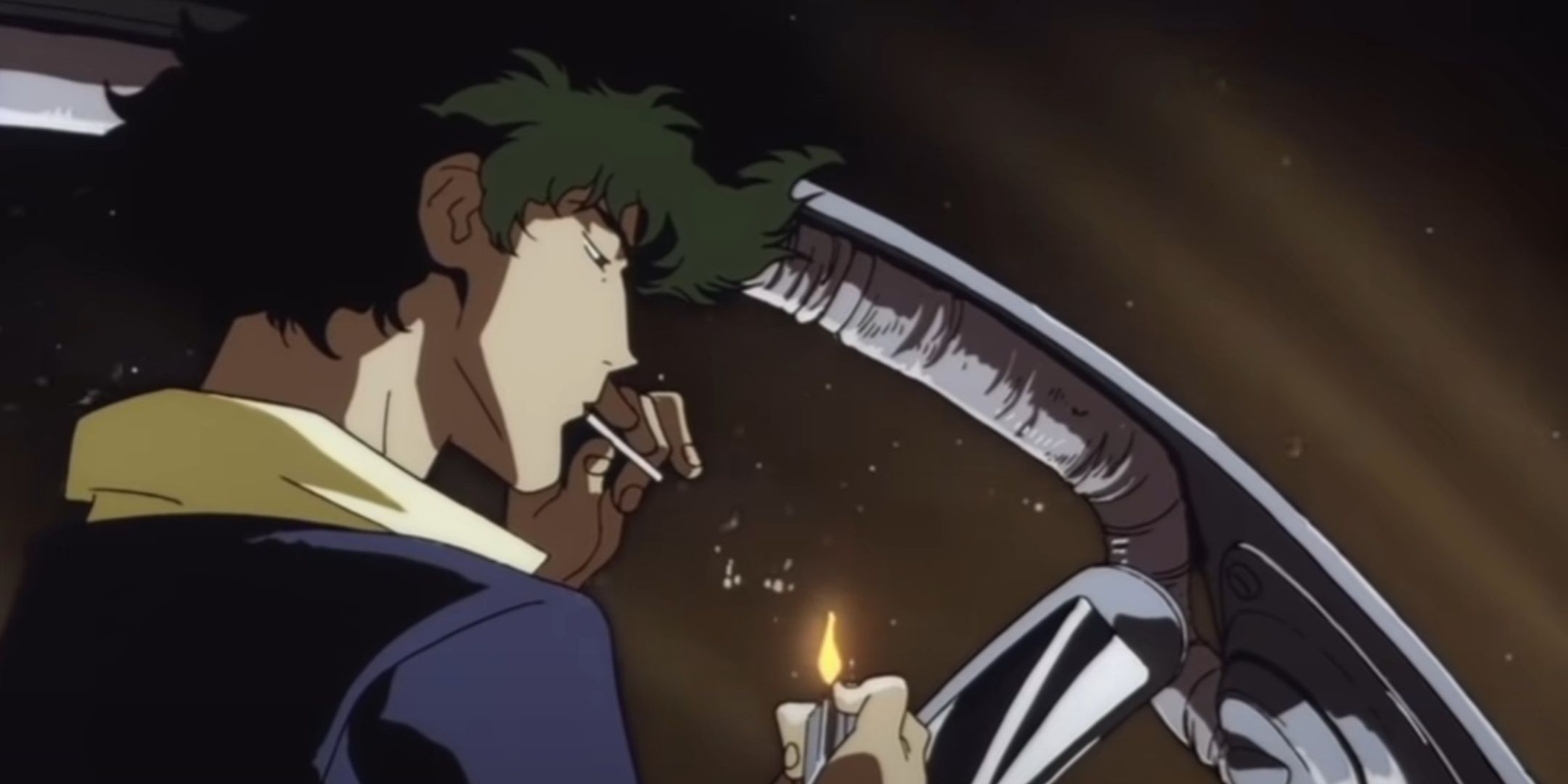
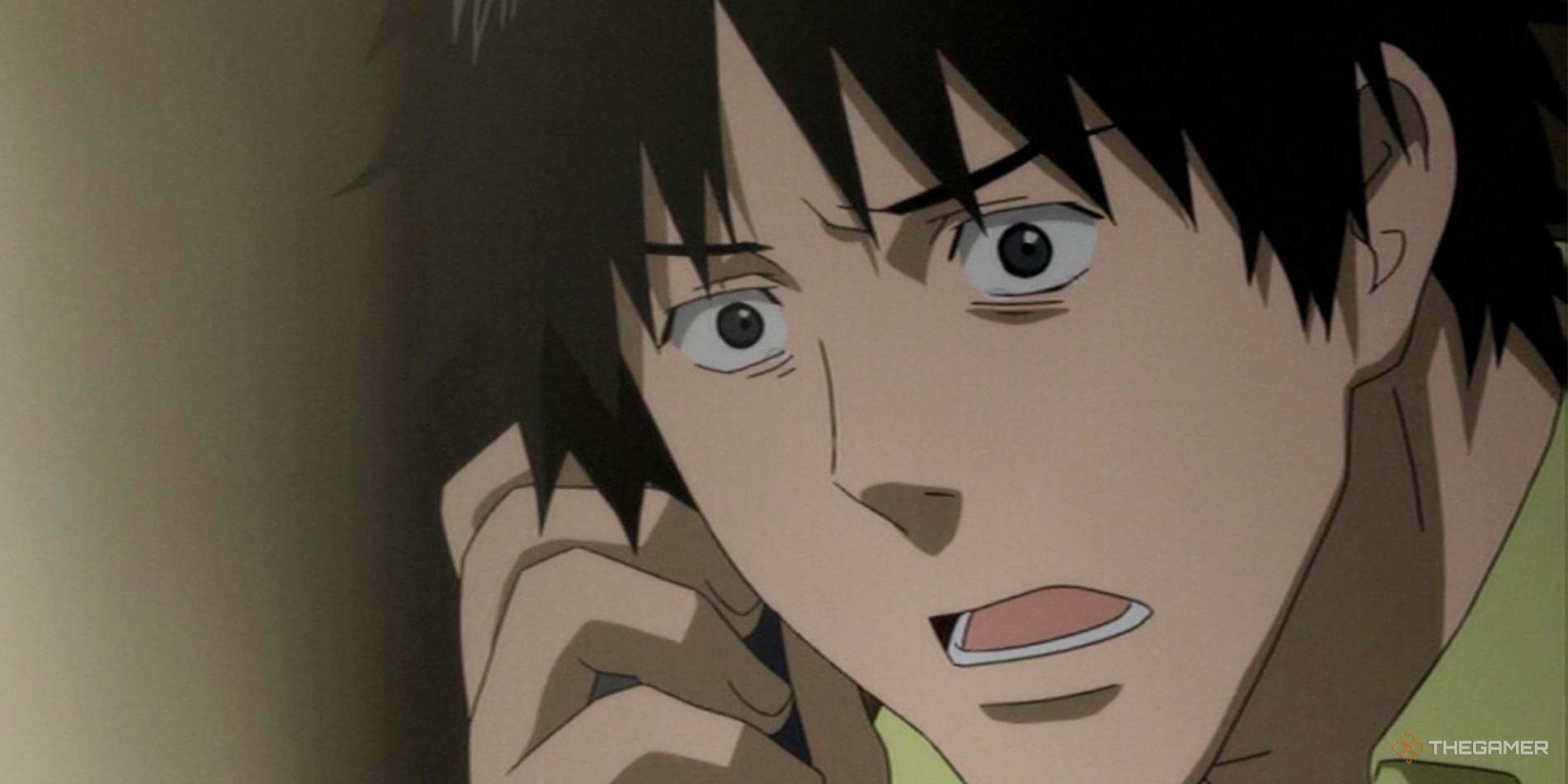
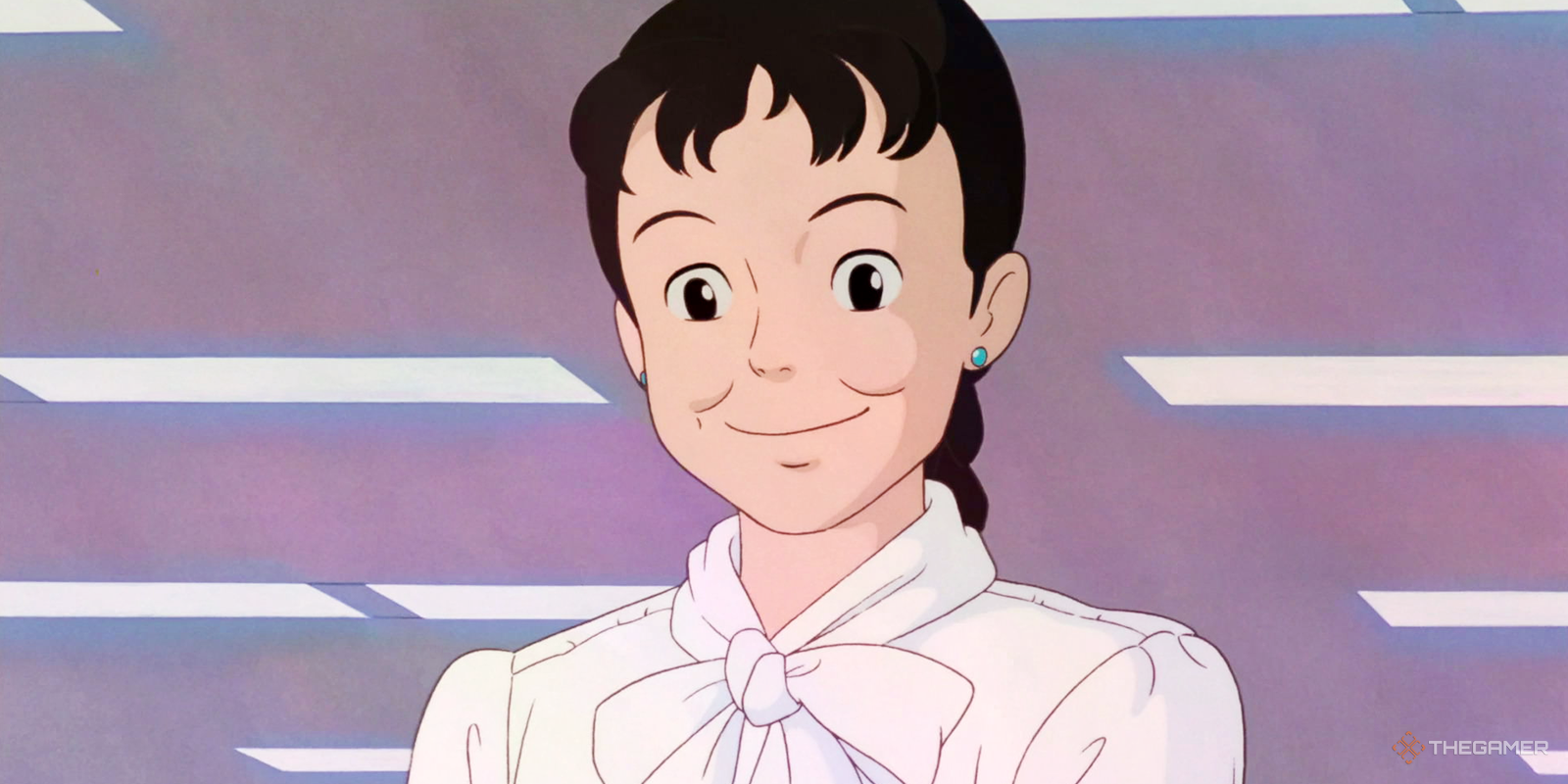
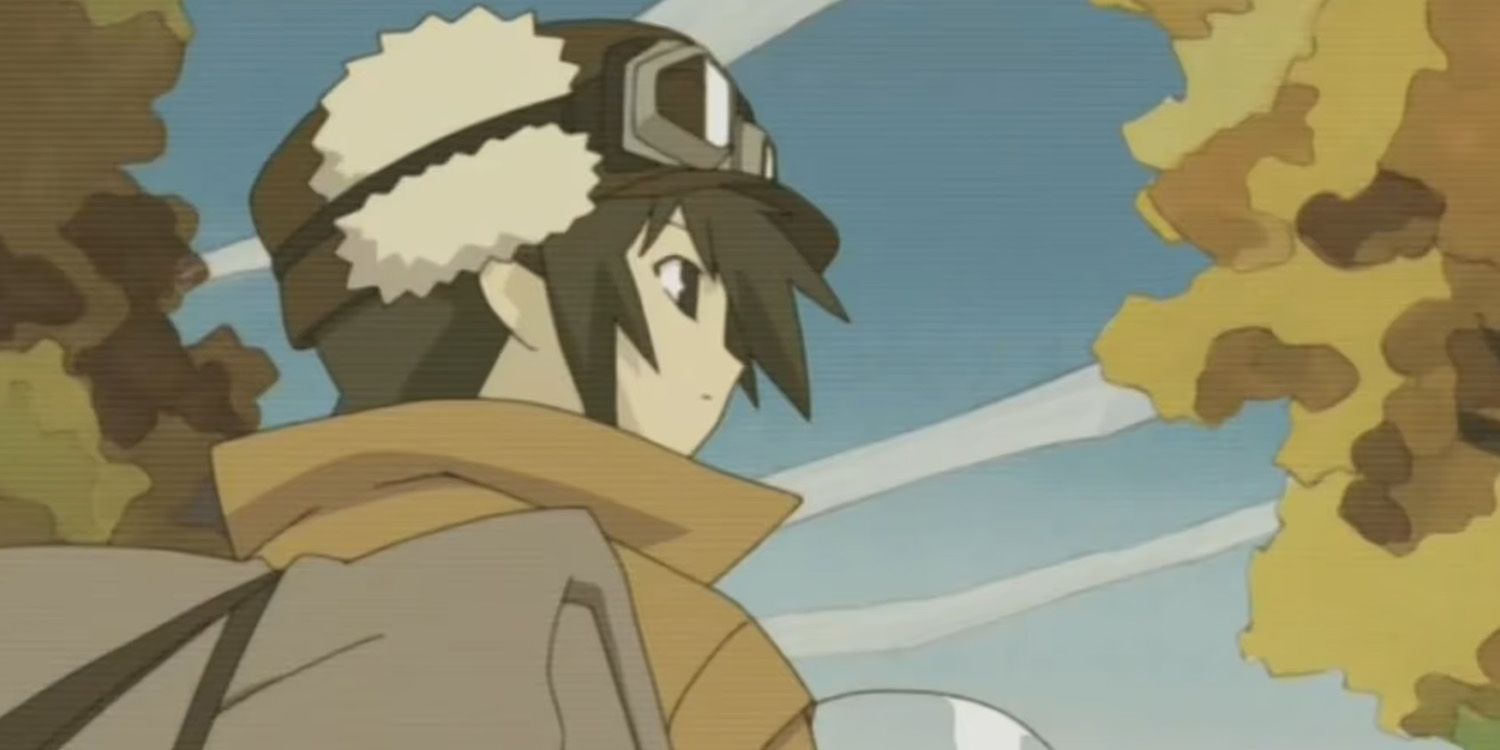
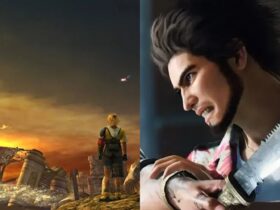
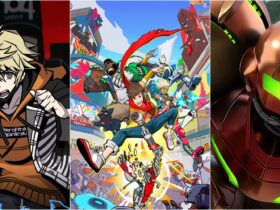
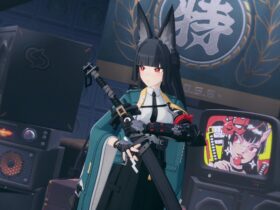

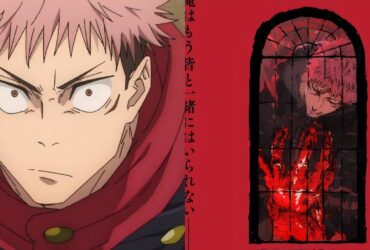
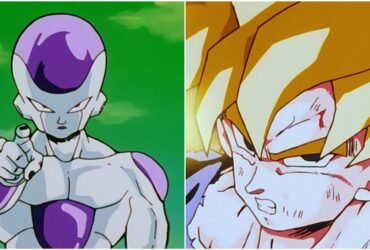
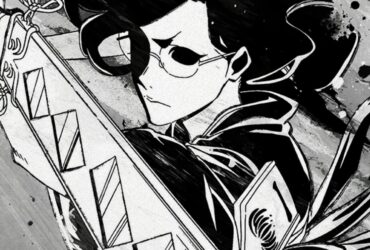
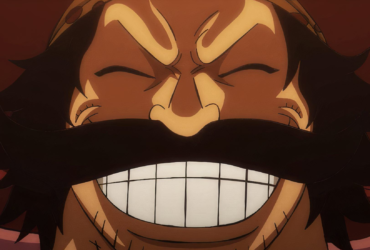
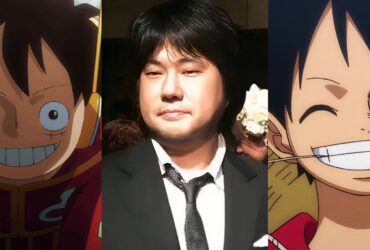
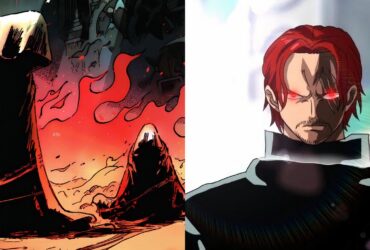
Leave a Reply